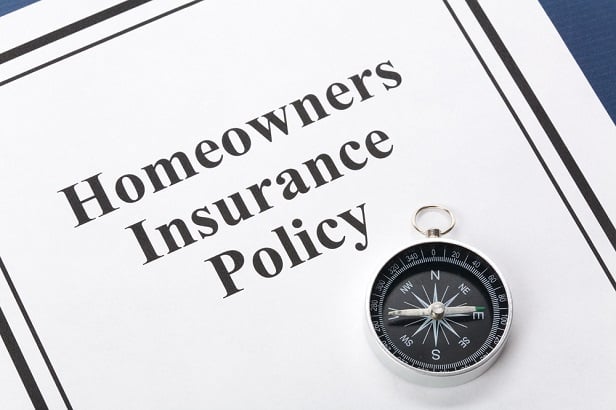
Analysis brought to you by the experts at FC&S Online, the recognized authority on insurance coverage interpretation and analysis for the P&C industry. To find out more — or to have YOUR coverage question answered — visit the National Underwriter website, or contact the editors via Twitter: @FCSbulletins.
Question: I am looking for an opinion regarding the ISO DL 24 04 12 02 edition. Does this form provide liability coverage for additional residences rented to others on a full time basis, or only a part time basis? The form is really not clear.
— West Virginia Subscriber
Recommended For You
Want to continue reading?
Become a Free PropertyCasualty360 Digital Reader
Your access to unlimited PropertyCasualty360 content isn’t changing.
Once you are an ALM digital member, you’ll receive:
- Breaking insurance news and analysis, on-site and via our newsletters and custom alerts
- Weekly Insurance Speak podcast featuring exclusive interviews with industry leaders
- Educational webcasts, white papers, and ebooks from industry thought leaders
- Critical converage of the employee benefits and financial advisory markets on our other ALM sites, BenefitsPRO and ThinkAdvisor
Already have an account? Sign In Now
© Touchpoint Markets, All Rights Reserved. Request academic re-use from www.copyright.com. All other uses, submit a request to [email protected]. For more inforrmation visit Asset & Logo Licensing.







